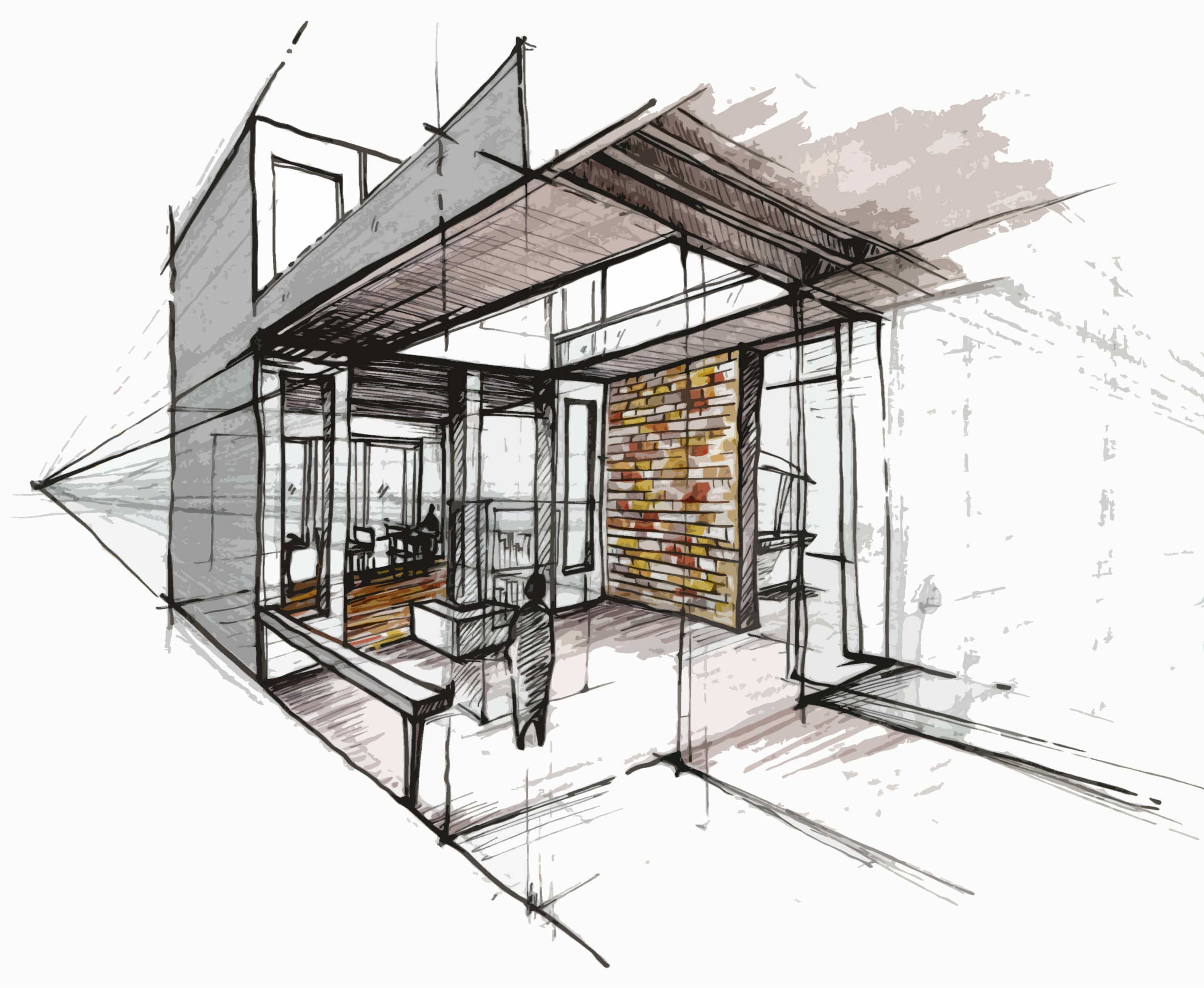How to Prevent Home Electrical Hazards
Maintenance & Repair5 minutes read
2283 views
2283 views
Electricity is available in almost all homes throughout the United States, and we expect it to work without risk to homeowners and house inhabitants. However, electrical receptacles are responsible for thousands of house fires in the United States each year, and hundreds of people are also electrocuted in their own homes. If you want to prevent such accidents and incidents from occurring, do some of the following things.
Install Panelboards
While most homes have circuit breakers to protect their circuits from faults and overloads, home panelboards can take that protection to an entirely new level. Panelboards are installed in cut-out boxes and wall cabinets and control power distribution while protecting fuses and circuit breakers. Both residential and commercial property owners rely on panelboards to control the power, heat, and lighting.
Purchase Ground Fault Circuit Interrupters
If you have electrical outlets within proximity to water, ground fault circuit interrupters (GFCIs) can be necessary. In fact, they are a requirement in most newly constructed homes. These fixtures detect electrical circuit ground faults or current leakages that typically occur when water and powered devices come into contact. Once the GFCI detects water, it shuts off power to the receptacle to prevent electric shocks, burns, and fires.
If you’re renovating an older home and updating the electrics, consider replacing traditional outlets in bathrooms, kitchens, and garages with GFCIs for peace of mind. They are cost-effective to purchase and straightforward to install with the help of an electrician.
Be Gentle With Power Cords
The average power cord is robust and designed to handle regular use. Many are even designed for use outside in the elements. However, that doesn’t mean we shouldn’t take care of them to keep them in excellent condition.
Refrain from securing them with tacks or nails, and never place them underneath or between anything heavy that could potentially damage the insulation. Power cords put under pressure could lead to the conducting wire being compressed or the insulation being damaged, potentially resulting in overheating and an increased risk of an electrical fire.
Listen to Your Appliances
It’s easy to assume that appliances are safe to use until they stop working. However, that’s not always accurate. Appliances can show us that they’re potentially dangerous and unsafe long before they stop turning on or working as intended.
They might consistently blow fuses, give you random shocks, and repeatedly trip circuit breakers. If an appliance does any of these things, even if it still works, see it as a sign of a severe problem and request an electrician’s inspection. If the appliance is old and not economical to repair, you might also decide to replace it instead of troubleshooting the issue.
Use Outlet Covers
If you have young children or curious pets, you’ve likely put a number of measures to keep them safe, such as cabinet locks, baby gates, and safety fencing. Outlet covers can be ideal for preventing home electrical hazards and keeping your family safe.
Outlet covers are designed to plug into your sockets to stop young children from putting their fingers and objects into them. You can also purchase child-safe wall plates with retractable covers to potentially protect against shocks and electrocution.
Pay Attention to Wattage Specifications
If you have a stockpile of bulbs for those inconvenient lightbulb-blowing moments, you might assume you can pick any random bulb and use it in your lamp or overhead lights. However, most lamps and light fixtures have maximum wattage specifications, and these are generally printed around the light bulb sockets.
Take note of these specifications and ensure that any bulb you install is equal to or less than the maximum listed wattage. Failure to follow these recommendations might lead to overloaded wiring and a potential fire risk.
Use the Right Circuit Breakers and Fuses
There is no one size fits all approach to circuit breakers and fuses, as they are designed to provide power for different parts of your home. If you need to shop for replacements, take note of the sizing an rating to ensure they meet your circuits’ specifications.
If you install the wrong circuit breakers and fuses, there’s potential for them to fail, which can be inconvenient and potentially costly. If you’re unsure which fuse size or circuit breaker you require, talk to your local electrician for advice. They simply need to look at your panel box to know the best components for your needs.
Few homeowners would intentionally make their home appliances and electrical circuits unsafe for their loved ones, but it happens. Alongside always relying on electricians for help during electrical-related renovations, you might also see the value in taking some of the actions above.
Request for quotes and we'll match you with a selection of Interior Designers!
Previous
Deck the halls with IKEA’s new VINTERFINT 2022 collection, delicious Christmas treats, in-store...


 Sign Up with Google
Sign Up with Google

.jpg)